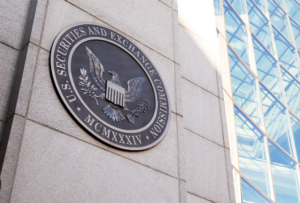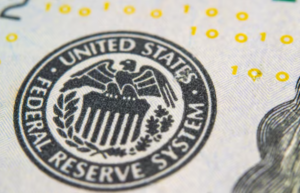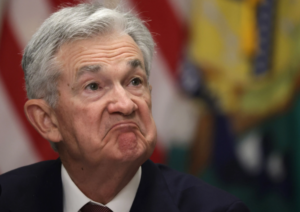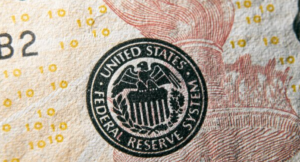$FTSE $GBPUSD $BTC
#UK #business #economy #inflation #taxes #markets #confidence #recession #pricing #manufacturing #construction #hospitality
UK firms are preparing for another round of price increases, even as business confidence has receded to its lowest level since the 2022 “mini-budget” crisis, according to recent survey findings. Companies across key industries such as hospitality, manufacturing, construction, and healthcare have underscored their growing concerns about managing rising costs, particularly due to additional tax burdens. This sentiment signals deeper challenges for the British economy, which continues to face a precarious balancing act between controlling inflation and maintaining economic growth.
The survey results point to a worrying trend where firms, constrained by a souring economic outlook, see price hikes as a necessary strategy to alleviate cost pressures. This comes at a time when the UK government is facing intensified scrutiny over its handling of tax policies and their impact on industries pivotal to the country’s economic recovery. Price increases in key sectors could contribute to sustained inflation, complicating the Bank of England’s ability to curb inflation back to its 2% target without risking further economic contraction. Such inflationary pressures could also weaken consumer purchasing power, potentially delaying recovery in household spending—an already fragile pillar of economic stability.
In the financial markets, the implications could be substantial. For the FTSE 100 ($FTSE), which includes a wide range of companies exposed to domestic challenges, sustained pessimism in the business environment might limit the index’s upside potential in the coming months. Sterling’s performance against other major currencies, such as the US Dollar ($GBPUSD), may also be impacted if concerns over slowing growth and price instability further erode investor confidence. An underwhelming level of business confidence post-“mini-budget” reflects an environment still digesting the fallout from former fiscal missteps, a scenario that investors and policymakers alike will want to avoid repeating.
Moreover, rising costs and subdued confidence could indirectly reinforce the case for alternative assets like cryptocurrencies, such as Bitcoin ($BTC), as businesses and individuals search for hedges against inflation and economic uncertainty. The uptick in pricing strategies may filter down into sectors such as manufacturing and retail, raising the price of goods and services for end consumers. This pricing dynamic could accelerate efforts by companies to reconsider efficiency and productivity measures, including automating workflows and reducing headcount, which adds a separate dimension of uncertainty to labor markets already under strain. Such broader consequences make clear that the drag on optimism among UK firms has implications well beyond their immediate sectors, potentially acting as a bellwether for economic sentiment moving forward.







Comments are closed.